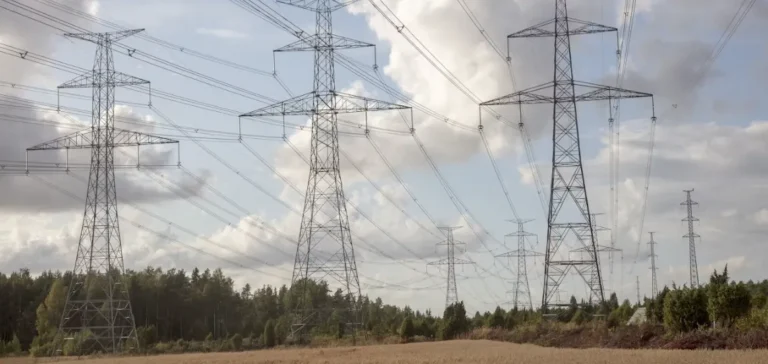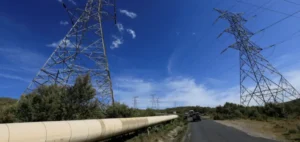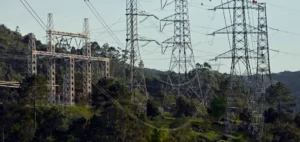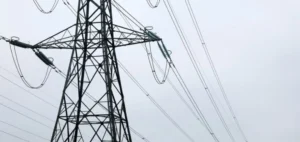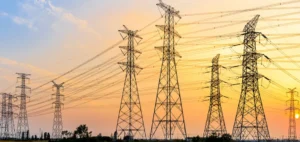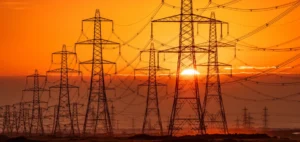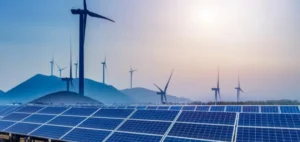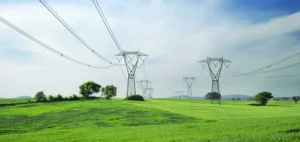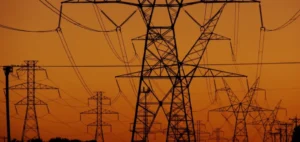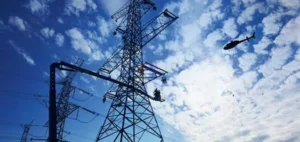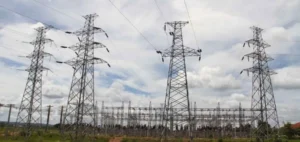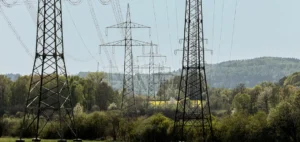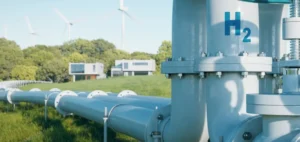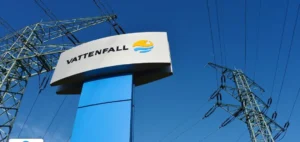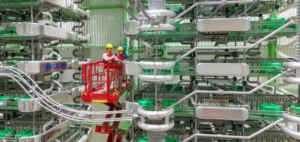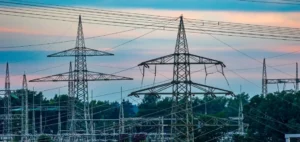The Spanish electricity companies’ association, Asociación de Empresas de Energía Eléctrica (Aelec), has warned of the national grid’s inability to absorb new production capacity. According to an analysis based on the map published by grid operators, more than 80% of connection nodes are saturated, limiting the possibility of connecting new industrial or residential projects.
Lack of capacity hinders new connections
Spain’s transmission grid, mainly managed by Redeia, lacks the flexibility to integrate new production flows. This situation exposes the country to risks of instability and lower efficiency. In a statement, Aelec said the saturation could delay projects related to storage, electric mobility, or industrial consumption.
The association is calling for rigorous planning, higher investment volumes, and a review of the economic model regulating transmission infrastructure. It stated that without such adjustments, the economic opportunities linked to electrification could be compromised in the long term.
The question of returns fuels debate
The financial balance of grid investments is central to industry concerns. The National Commission on Markets and Competition (Comisión Nacional de los Mercados y la Competencia – CNMC) recently raised the rate of return on investments from 5.58% to 6.46%.
However, companies are demanding a higher rate of 7.5%, arguing that current levels are insufficient to attract the necessary capital. The recent large-scale blackout in Spain and Portugal on April 28 reignited questions about the resilience of the power system and the investment levels required.
Regulatory limits slow grid expansion
Infrastructure funding remains governed by regulatory mechanisms set by Spanish authorities. Costs are passed on to end consumers, making decisions sensitive in an economic climate marked by inflation and pressure on household budgets.
In this context, operators are seeking to convince public authorities to adjust the investment model to support grid growth. “Without these conditions, it will not be possible to connect industry, housing, storage or electric mobility,” Aelec stated, pointing to a direct risk to the country’s competitiveness.


